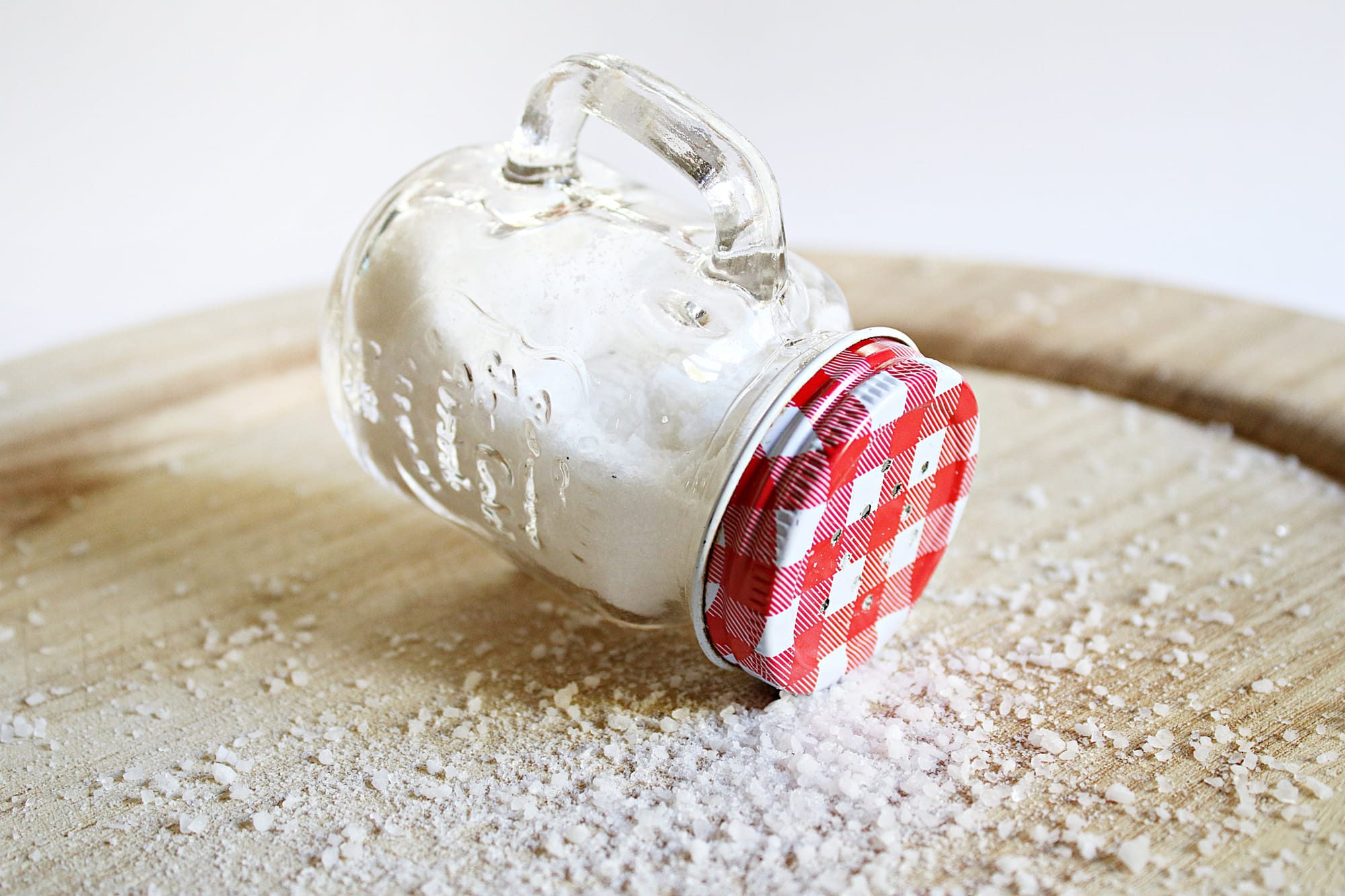Unraveling the Secrets of Sodium: The Essential Element You Need to Know

The average salt intake in India is about 11g sodium per day where as WHO recommendation is about 5g per day. Which means, almost more than double the amount of recommended sodium is consumed by Indians on daily basis.
Sodium is an essential element that plays a crucial role in our bodies. From maintaining proper fluid balance to supporting nerve function, sodium is a fundamental part of our everyday health. In this article, we'll delve into the world of sodium, exploring its functions, dietary recommendations, potential health risks, and how to strike the right balance for a healthy lifestyle.
The Basics of Sodium: Sodium is one of the chemical elements listed on the periodic table with the symbol Na. It's highly reactive and is never found in its pure form in nature due to its strong affinity for other elements. Instead, sodium is typically found in the form of sodium chloride (table salt), which is a compound made up of sodium and chlorine.
The Role of Sodium in the Body:
1. Fluid Balance: Sodium is essential for maintaining proper fluid balance in the body. It helps regulate the amount of water in and around cells, ensuring that your cells function optimally. When sodium levels are too high or too low, it can lead to imbalances, such as dehydration or edema.
2. Nerve Function:Sodium is vital for the transmission of nerve impulses. Nerve cells, also known as neurons, rely on the movement of sodium ions across their membranes to transmit electrical signals. This is critical for muscle contractions, reflexes, and overall brain function.
3.Blood Pressure Regulation: Sodium plays a significant role in regulating blood pressure. However, excessive sodium intake can lead to hypertension (high blood pressure), a risk factor for various cardiovascular diseases.
Dietary Recommendations:
The Recommended Dietary Allowance (RDA) for sodium is around 2,300 milligrams per day for most adults, which is roughly equivalent to about one teaspoon of table salt. However, many people consume far more sodium than they need due to processed foods, restaurant meals, and excessive salt use in cooking. High sodium intake is linked to health issues like high blood pressure, heart disease, and stroke.
To reduce your sodium intake, consider these tips:- Choose fresh, unprocessed foods over processed ones.- Read food labels and opt for products with lower sodium content.- Cook at home to have more control over the amount of salt used in your meals.- Experiment with herbs and spices as flavorful alternatives to salt.
Health Risks of Excessive Sodium:
While sodium is essential for the body, too much of it can lead to health problems. Some of the risks associated with excessive sodium intake include:- High blood pressure- Heart disease- Stroke- Kidney problems- Osteoporosis
Conclusion:
Sodium is a vital element for our bodies, responsible for maintaining fluid balance, nerve function, and more. However, moderation is key when it comes to sodium intake. By being mindful of your diet and making smart food choices, you can ensure that you strike the right balance and support your overall health and well-being. Remember, a little bit of sodium goes a long way!
